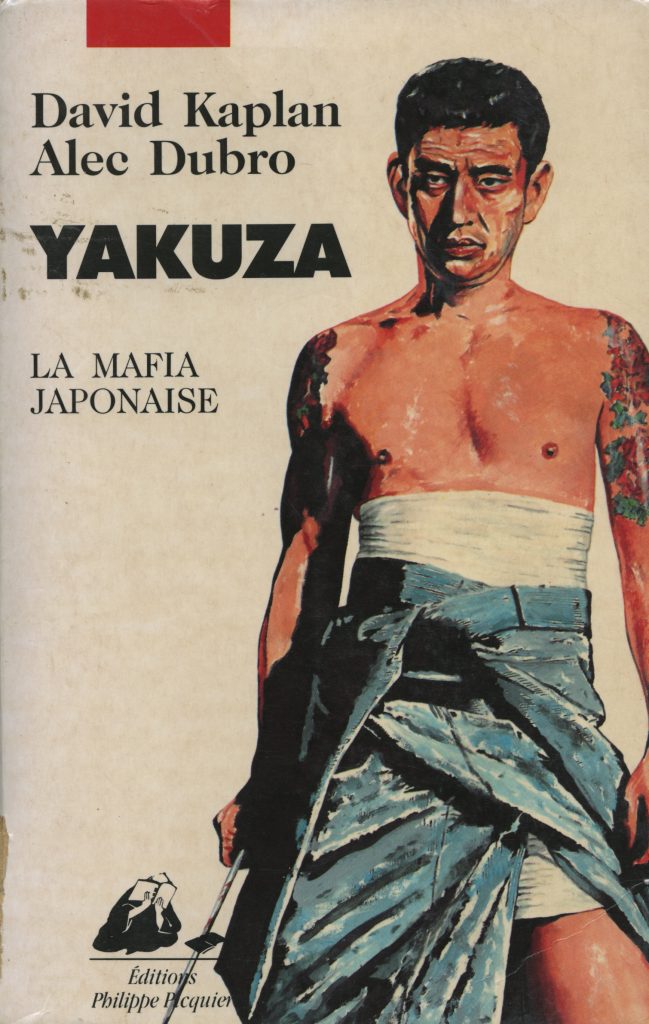
Got any questions or requests? Feel free to message the moderators. Like in all subreddits we ask of you to please respect the reddit wide rules.

Please use spoiler tags as to not reveal important plot points. You can use Markdown to make your links look nicer. If you believe your comment or submission has been removed because it included an Amazon link, please message the mods.īeware: Link shorteners are automatically removed by the spam filter. If you are found to be excessively promoting your book in the comments, you will be banned.īeware: Amazon links could be caught in the spam filter. This is not the place to advertise your book. Any illegal content will be removed at the moderators' discretion. If you want to include a link in your suggestion we encourage you to link to the author's page or to an amazon alternative.ĭon't link to illegal content.

Top level replies must be suggestions or question to clear up the request. Don't attack the requests or any suggestions made, and definitely do not attack or scold individual users (it's sad really, that we actually have to specifically say this.) No Meta posts about this or any other subreddit.No "Should I read this book / is this book any good?" posts.Any submission with a link will be removed. Please use the text box to formulate your request in a clear and precise manner. Title-only posts will be summarily removed.IF YOU COME HERE FOR THE SOLE PURPOSE OF ADVERTISING A BOOK, YOU WILL BE BANNED.įor book promotion please visit /r/wroteabook. As time passed, they expanded their criminal activities to blackmail, smuggling, prostitution, drug trafficking, and loan sharking.For general discussions about books please visit /r/books or /r/literature. Gambling was illegal in Japan, but this did not stop the burakumins who were involved in or participated in gambling. They organized themselves, created small criminal groups that eventually grew when new members joined. Living in extreme poverty, many of the burakumin turned to crime to survive. Referred to as non-humans, the burakumin found themselves below the four-tiered Japanese feudal social structure. In 1603 a new law forced the burakumin out of the cities, and they lost all social rights. The yakuza emerged during the Edo period in Japan. They were considered filthy individuals and poorly treated. Though the name burakumin literally means "people of the village," these people lived in restricted neighborhoods that were ghettos. Many of the first yakuza members were the burakumin, who were a socioeconomic minority in Japan. Tekiya And Burakumin Were Outcasts In The Japanese Society


 0 kommentar(er)
0 kommentar(er)
